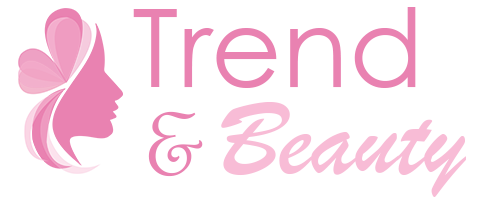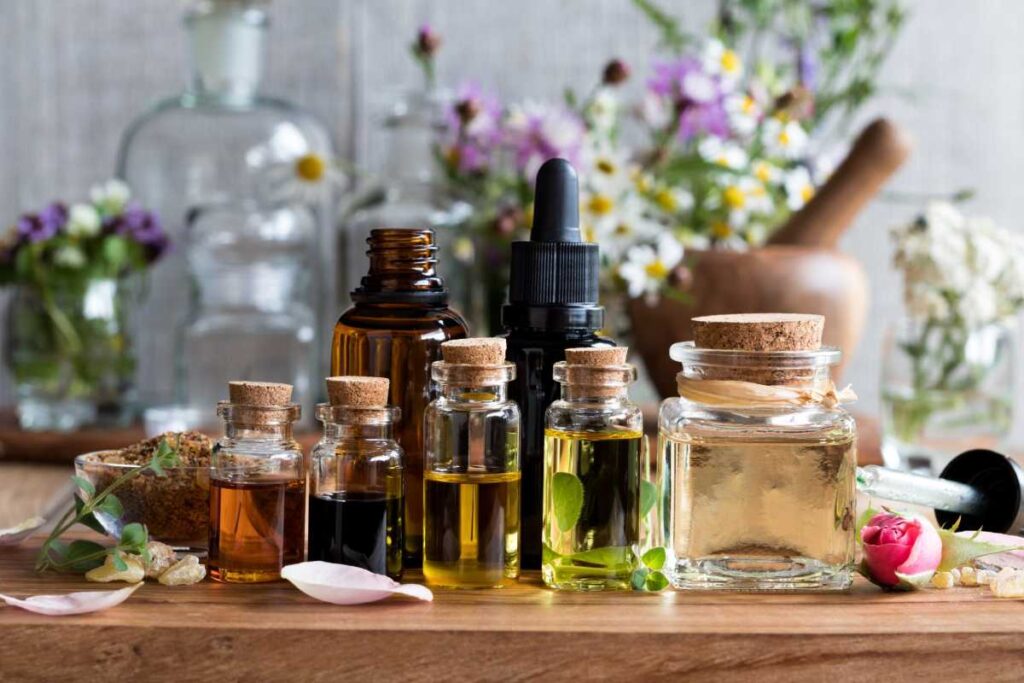Aromatherapy is an ancient practice that has been around for centuries to support physical, emotional, and spiritual well-being. This alternative medicine uses natural plant extracts known as essential oils to improve health and mood. Aromatherapy offers many benefits, from relieving stress and anxiety to boosting immunity and improving sleep. Here, we explain the aromatherapy world and its history, techniques, and benefits. So sit back, relax, and let the calming aromas lead you to better health and well-being.
What is Aromatherapy?
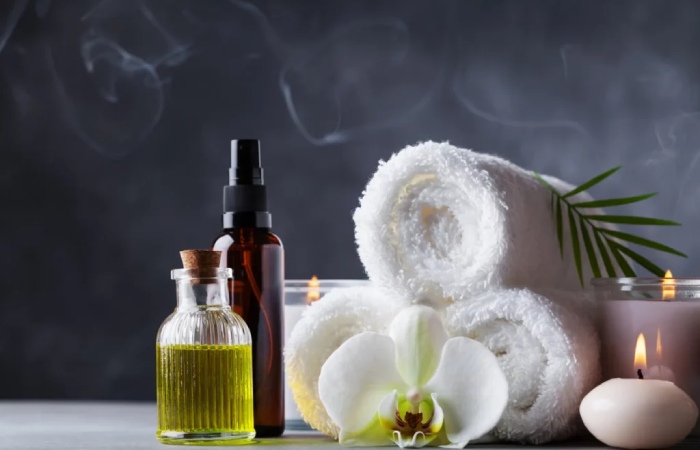
Aromatherapy is also called essential oil therapy. It is a holistic practice that uses natural plant quotations to improve overall health and well-being. It uses the unique compounds found in essential oils to enhance the mind, body, and spirit. Aromatherapy utilizes the powerful connection between smell and the brain to produce positive effects, including stress relief, mood enhancement, and improved cognitive function. It is a universal tool in complementary and alternative medicine.
The Science Behind Scent and Emotion
The deep connection between smell and emotion is rooted in the brain’s anatomy. When we inhale a scent, receptors in our nose send signs directly to the limbic system, the part of the brain accountable for emotions and memories. This unique pathway explains why a particular smell can instantly trigger a vivid memory or change our mood. Research has shown that essential oils rich in aromatic compounds can significantly impact our psychological well-being.
Take lavender as an example. Lavender is known to have a calming effect, and citrus oils are often associated with an uplifting mood. By harnessing the power of these olfactory cues, aromatherapy takes advantage of the natural synergy between our sense of smell and emotional health.
Types of Essential Oils and Their Benefits
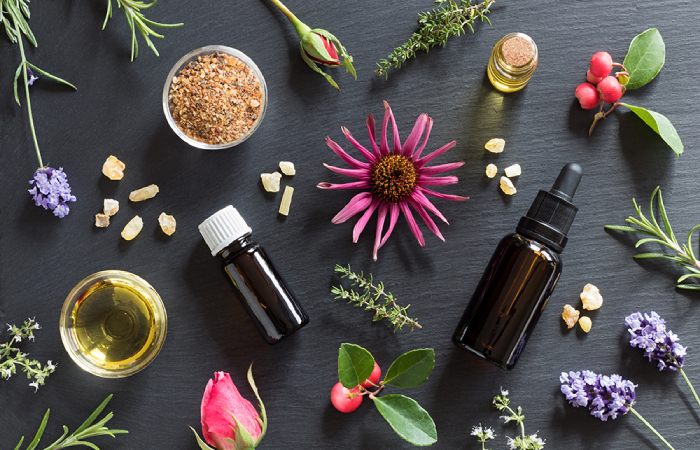
Essential oils are categorized based on their unique properties and benefits, from promoting relaxation to stimulating the senses. Lavender oil, known for its soothing effects, can help reduce stress and improve sleep quality. Peppermint oil has a stimulating scent that can improve concentration and relieve headaches. Eucalyptus oil is recognized for its conscious benefits, making it ideal for clearing clogged airways. Thanks to its antimicrobial possessions, tea tree oil is outstanding for skin health and can help treat acne. Lemon oil, another popular choice, is often used for its tonic and detoxifying effects. Each oil has a specific purpose, promoting a holistic aromatherapy approach to nourishing the body and mind.
How to Use Aromatherapy Safely and Effectively
To ensure safe and effective aromatherapy, following a few guidelines is crucial. Start by choosing high-quality, pure essential oils from reputable sources. If you’re new to using oils, consider conducting a patch test to watch for any adverse reactions. When diffusing oils or learning to use wax melts, ensure proper ventilation to avoid overpowering scents. It’s also important to dilute your oils with a transporter oil before topical application to prevent skin irritation. Schedule a discussion with a healthcare professional before incorporating aromatherapy into your wellness routine, specifically if you have underlying health conditions or are pregnant.
DIY Aromatherapy Projects for Beginners
Making DIY aromatherapy projects is a lovely and inspiring way to incorporate the benefits of essential oils into your daily life. An easy scheme to start with is creating diffuser blends. Add insufficient drops of your favourite essential oils with water to a diffuser to create a custom ambience in your home or office. Another beginner-friendly project is developing a homemade pillow spray. Mix lavender oil with water and a drop of witch hazelnut in a spray bottle to apply to bedding for a restful night’s sleep. These simple projects will introduce you to the art of blending oils for maximum benefits.
Aromatherapy in Professional Practice
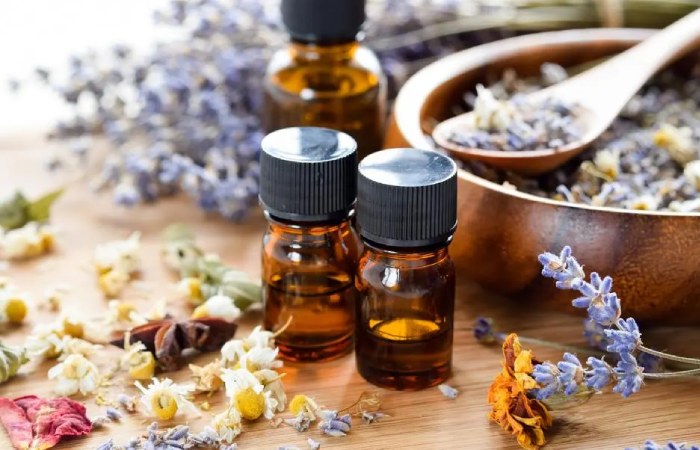
In professional practice, certified aromatherapists use aromatherapy with a deep understanding of essential oil properties, blending techniques, and application techniques to address individual needs. These professionals work in various settings, including wellness centres, spas, and private clinics, offering customized sessions. They assess the client’s medical history, physical and emotional well-being, and wellness goals to create a personalized aromatherapy experience. Ethical and safety guidelines are strictly followed to provide a safe environment for clients seeking holistic health solutions through fragrance.
Aromatherapy offers a unique and natural path to wellness by intertwining the senses with the mind and body’s inner need for balance and healing. As we have discovered, judicious use of essential oils can support a variety of aspects of health, from stress relief to increased focus. Whether through professional guidance or DIY projects, a journey into aromatherapy promises a rewarding exploration of nature’s profound influence on our lives.
